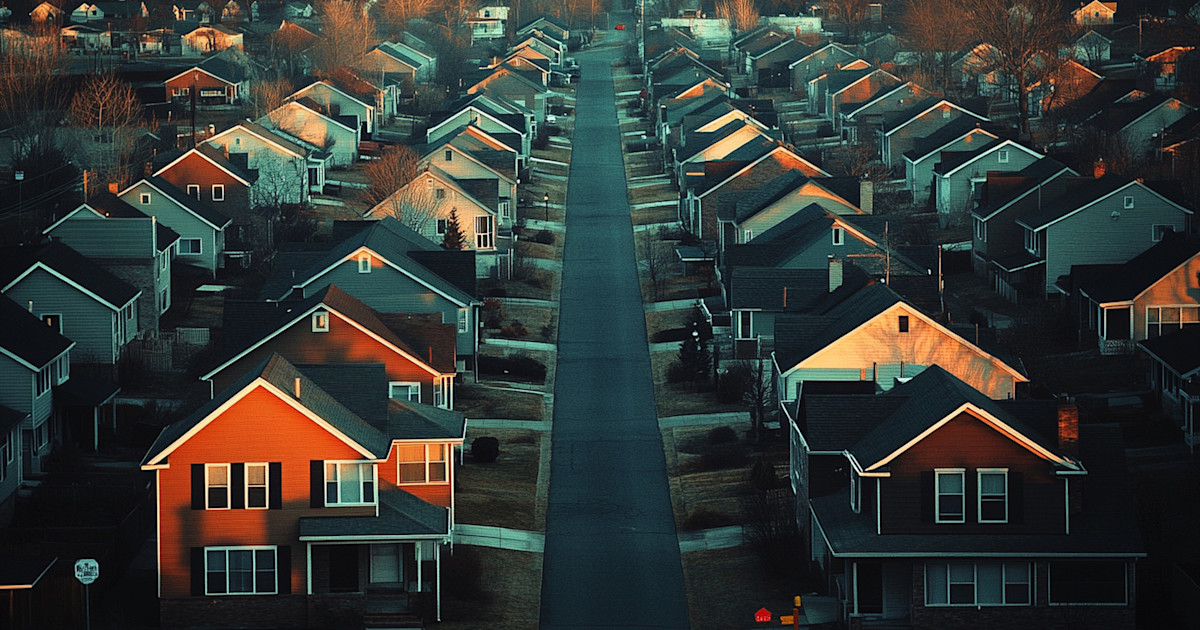T
he housing market is expected to continue its slow pace as buyers and sellers wait for more clarity on the economy. Key indicators suggest that home sales will remain sluggish, with few signs of improvement in the near future.
Inflation remains a concern, with consumer prices rising 2.8% year-over-year in June, according to the U.S. Bureau of Economic Analysis. The Federal Reserve's decision to hold interest rates steady was based on this data, and it's unclear whether they will begin cutting rates in September. The upcoming jobs report and tariff deadline may provide some clues about the economy's direction.
Mortgage rates have ticked down slightly, but mortgage applications have declined week-over-week, according to the Mortgage Bankers Association. This suggests that prospective homebuyers are still hesitant due to uncertainty surrounding the economy and job market.
Home price growth continues to slow, with median sale prices falling in 14 of the 50 largest metro areas this week. However, a sharp decline is unlikely given the broader market conditions. Instead, experts expect a natural moderation of house prices rather than a significant drop.
Pending sales data also points to a slow market, with signed contracts down 0.8% in June compared to May and off 2.8% year-over-year. This suggests that completed home sales in July and August will remain sluggish, leading some experts to predict that the housing market may remain "stuck" until next year.













